I’d like to thank Julia Vanstory of the US for her short story submission ‘The Picture Frame’, a thought-provoking tale about ignorance versus insight and the often underestimated emotional maturity of a child.
Julie tell us “I work to capture small town, Southern culture and stories in my writing. When not chained to my computer, I am usually found in the dance studio. I live in Southern Mississippi with my daughter and husband.”
You can read more of Julie’s writing on her website at www. juliavanstory.com and follow her on twitter @juliavanstory.

This page may contain affiliate links that my earn me a small commission (at no extra cost to you) if you click through and make a purchase. Affiliate links are how I keep this blog running, thank you.

Photo credit: Hannah Busing & Kelly Sikkema on Unsplash
The Picture Frame
“C’mon, we’re gonna be late.” I rush around my living room, checking my purse for my keys, sunglasses, and lipstick. My six-year-old daughter picks up a picture frame, leaving an outline of dust on the cherry-stained bookshelf.
“Can I bring this?”
Ava strokes her dad’s face in the frame.
“That was our first family photo.” It was our last one, too, but I don’t add that.
Ava looks up at me and tilts her head to one side.
“I know that. That’s why I want to take it.” She looks back at the photo. “You look so happy,” she whispers.
I take the picture from her and study it for the first time in years. It’s from the day we were discharged from the hospital. I was wearing a nursing tank, and my hair was slightly greasy because I didn’t wash it the whole time we were in the hospital. Dakota looked like he’d just walked off the golf course — tucked-in Polo shirt, khakis, and a white visor. We both gazed down at Ava nestled into my arms, wrapped in layers of white lace.
“Did you know you came out all slimy?”
“Ew,” she shouts, but her mouth is opened wide in a grin.
That moment when Ava was born and the doctor lifted up her perfect pink body, I felt a desperate need to feel her next to me. Before the doctor even finished asking if I wanted to do skin-to-skin, I nodded and reached out for her. I feel that way now.
“I love you so much, butter bean.”
She throws her arms wide, and I squat down to her level to wrap her up in a hug. I nuzzle her head and kiss her.
“I miss him.”
I pull her little body into my chest and rub her head. I hate that she misses him. I hate that she hurts. I hate it even more because he doesn’t deserve it.
While I was up with a colicky baby night after night, he locked himself in his home office or snuck down to the bar. The lack of sleep drove me crazy. Thoughts of running away weaved in and out between diaper changes and late night feeds. But then he left first. Ava had only been three months old. For six years, I’ve wished, I’ve hoped, I’ve dreamed of Dakota changing his mind, of redeeming himself. Instead, Ava is stuck with this deadbeat father forever. Dakota will never get to see all her quirks, her little smiles, her spontaneous kisses — but it’s his fault. It’s his fault that he missed all these little moments in the past, and now it’s his fault he’s dead.
I check my phone for the time. Dread clutches my stomach. “We gotta go.”
I grab her plastic pink princess heels and sit cross-legged beside her. She crawls into my lap and props one leg up on mine. I slip her shoe on and suppress the urge to chunk the picture across the room.
He didn’t hide the cocaine from me at first, though I had always opted for greener remedies. Back then it didn’t bother me because everyone uses in college. At least, that’s what I told myself.
The older he got, the better he became at hiding the drugs. No one besides me knew he had a problem until he was found face-down on his desk at work last week. The sun peeking over the horizon behind him, the foam at the mouth, the eyes rolled back.
Ava pulls my hand and leads me to the door. With her other hand, she holds the silver picture frame against her chest. She skips halfway to the car and stops to pick a dandelion. She blows, and the seeds float away in a small breeze.
When I first found out about Dakota, relief washed through me. Then shame when I realized Ava would never know her father. Then, I thought of my in-laws. They lost a child, and the idea of losing Ava ripped through me as if someone sat on my chest while stabbing me over and over in the gut.
*
As we pull up to the cemetery, a small group of aunts and uncles gather around Dakota’s parents. The sun has risen just enough to peek over the trees, but it hadn’t warmed up the chilly morning. Kathy wears a black lace dress with a high collar and long sleeves paired with her set of pearls, pantyhose, and sensible shoes with a chunky heel to keep from sinking into the grass — the quintessential mourner’s outfit. It certainly put my widow’s attire to shame — dark jeggings and a black T-shirt. I had put less than 10 seconds of thought into it.
When Kathy said she’d handle the funeral arrangements, I agreed without any hesitation. Although we were legally still married, I knew I wouldn’t have made the right decisions. There probably wouldn’t have been a funeral at all. If it had been up to me, I would have had him cremated, and his ashes thrown in a dumpster.
“Oh, Claire, thank you for coming.” Kathy envelopes me in a warm hug that smells of cinnamon and lavender. Her paper thin and wrinkled skin presses against my cheek. The nerves wash away. Kathy’s touch is just as comforting as my own mother’s.
“Nana, Nana, Nana,” Ava hops from one foot to the other. The picture frame waves back and forth, and I wait for it to hit Kathy’s leg.
“Good morning, sweet baby.” Kathy sweeps Ava into her arms. “You’re the most beautiful little girl. You remind me so much of your daddy.”
Ava giggles and holds her shoulders up mid-shrug like she does when she’s uncomfortable.
“What’s this?” Kathy touches the frame, but Ava jerks it away and shakes her head. She reaches for me, and I wrap her up and hold her tight as if my arms can protect her from the ugliness, from the attention, from the pressure.
“Now, that everyone’s here,” Kathy opens her arms as if welcoming a special guest to one of her fundraising galas. “I thought we’d open with a prayer.”
Kathy nods her head at her husband, and Davis draws a crumpled piece of paper from his inside jacket. Sweat is beading along his hairline despite the cool weather. He clears his throat, and everyone bows their head.
“Jesus, please be with my friends hearing this prayer. You know every wound, every joy, every fear, every dream. Heal old wounds.” Davis had probably found the first prayer he came across on Google. He jostles his weight from one foot to the other, and his free hand jingles the change in his pocket. “Give us eyes to see where new life springs in our hearts. Rejuvenate when we’re weak. We need you, Jesus. Amen.”

After the prayer, everyone looks up and avoids making eye contact. I was thankful when Kathy decided on a private service, but right now I question that. It would have been much easier to fade into anonymity with a crowd of people around. Kathy speaks up and takes over the service. I realize quickly everyone has prepared a short story to remember Dakota by. I get nervous as they cycle around, and it edges closer to me. I hear stories of bicycle mishaps and summertime pranks. Stories of an innocent 10, 11, 12-year-old boy. But no one dares to go older.
When Dakota’s aunt begins speaking beside me, I notice Kathy’s shoulders tense and her eyes shift between me and her sister. Is there a way for me to get out of this? When Rebecca finishes, Kathy starts shaking her head slowly. I breathe in and glance down at Ava. I hug her a little closer.
“Uh, yea. Maybe, something, I could- um.” I clear my throat and begin again. “Most of y’all know Dakota and I met in college.”
Kathy’s shoulders relax, and her gentle smile returns.
“What you may not know is how it happened. It was about three weeks into our first semester, and it had rained non-stop for days. I had put off and put off going to the grocery store, so I had quite the haul when I finally gave in.” It was a story I had perfected when we first got engaged. I told it to strangers at the supermarket as I flashed the two-carat princess-cut diamond. I told it to our priest during premarital counseling and at every wedding shower thrown. Any of the women here had heard it half a dozen times, but it is the only thing I can grasp, the only articulate thing I can say. “Because of the torrential downpour, I refused to take more than one trip. I zipped up my raincoat, pulled on the hood and loaded myself down with bags of popcorn, Mint Milanos, a gallon of milk and Slim Fast shakes. I made it to about halfway across the road between the parking lot and the dorm before one of the bags split open and spilled across the pavement.
“I started spewing a string of-” I look at Ava, “adult language. I didn’t even notice Dakota at first. White T-shirt drenched and barefoot, he came barreling toward me and scooping up the snacks from the ground.”
“‘Don’t just stand there,’ he yelled. He yanked the box of Diet Coke from my hand and sloshed through the muddy grass before I’d even found something to say.
“Once we were inside, he asked for my room number. Up the three flights of stairs, he teased me incessantly, but that’s when I knew I’d marry him some day. Obviously, we had our differences, but I know I wouldn’t be who I am today without him.” I kiss Ava’s head and smooth out her hair with my hand.
“Dakota was so sweet,” Rebecca chirps. “You were so perfect together.”
A smile had crept up with the memory of that day, but it drops away now.
“Oh, no.” I shake my head and bat away the suggestion with my hand. “We were not.”
“No, no. Remember when he proposed?” Kathy chimes in. “Red roses all over and my grandmother’s wedding china. It looked so beautiful.”
“He certainly had a way with the grand gestures.” I pinch the tender part of my wrist to try to disperse some of the tension and anxiety. I want to shout what I really think about Dakota at the top of my lungs, but Ava’s here. Ava. So sweet. So innocent. For probably the hundredth time in the course of her short life, I wonder how she got saddled with us for parents.
“We all know how kind Dakota could be when he wanted.” Kathy catches my eyes as if she can hear my thoughts.
The blood pulses in my ears. I try to swallow to say something. A tiny voice creeps up next to me.
“Daddy wasn’t a nice person.”
Everyone’s eyes lock onto Ava, but she’s staring down at the picture in her hand. I want to whisk her away, but I’m too stunned to move. She’s too young to know that you don’t speak ill of the dead.
“What have you been saying to her?” Kathy’s voice crackles through the cold air.
“I never- I wouldn’t.”
I look around the gathering. No one is saying anything. Everyone is staring at Kathy, Ava, or me. Everyone except Davis. He’s looking at his shoes, and his hands are stuffed in his pockets.
“She’s six, Kathy, not stupid,” he whispers. “It’s obvious he hasn’t been around.”
“Don’t you dare.” Her voice shakes and rises. “He was troubled.
“Yes.” He looks up. “But he should have stepped up. Don’t go after Claire for his mistake.”
I hope he understands the wordless relief I’m trying to communicate. He nods at me. I kneel beside Ava. “I’m so sorry, baby girl.”
“Mama, you don’t have to,” she whispers back. “I didn’t even know him.”
My throat closes, and my heart breaks for her. I reach for Ava’s hand.
“I’m sorry,” I whisper to Kathy. I graze my hand on Davis’ forearm as I pass in gratitude, in solidarity.
“Take care of her,” he says. “She’s all we have left.”
I buckle Ava into her booster seat, and she lets me, even though she can do it herself. I look at her, really look at her, at her green eyes, her blonde hair. She does look just like Dakota.
“You know,” I say, “he wasn’t all bad. He gave me you.”
Ava drops the picture on the seat and reaches her arms out to give me a hug. Her tiny lips bunch tightly into my cheek.
“I love you, Mama.”
“I love you, too, butter bean.”

Thanks
Thank you for reading this blog, if you’d like to submit a story for consideration to be published, please visit our submissions page.
If you’d like to keep up to date with all the latest stories, news, promos (including writing competitions and giveaways) plus receive a FREE Ebook, sign up to our mailing list here or fill in the form below.
Get your FREE Ebook
The pace and intensity of our lives, both at work and at home, leave many of us feeling like a person riding a frantically galloping horse. Our day-to-day incessant busyness — too much to do and not enough time.
With this ebook you will learn to approach your days in another way, reducing stress and getting results through prioritizing, leveraging and focus!

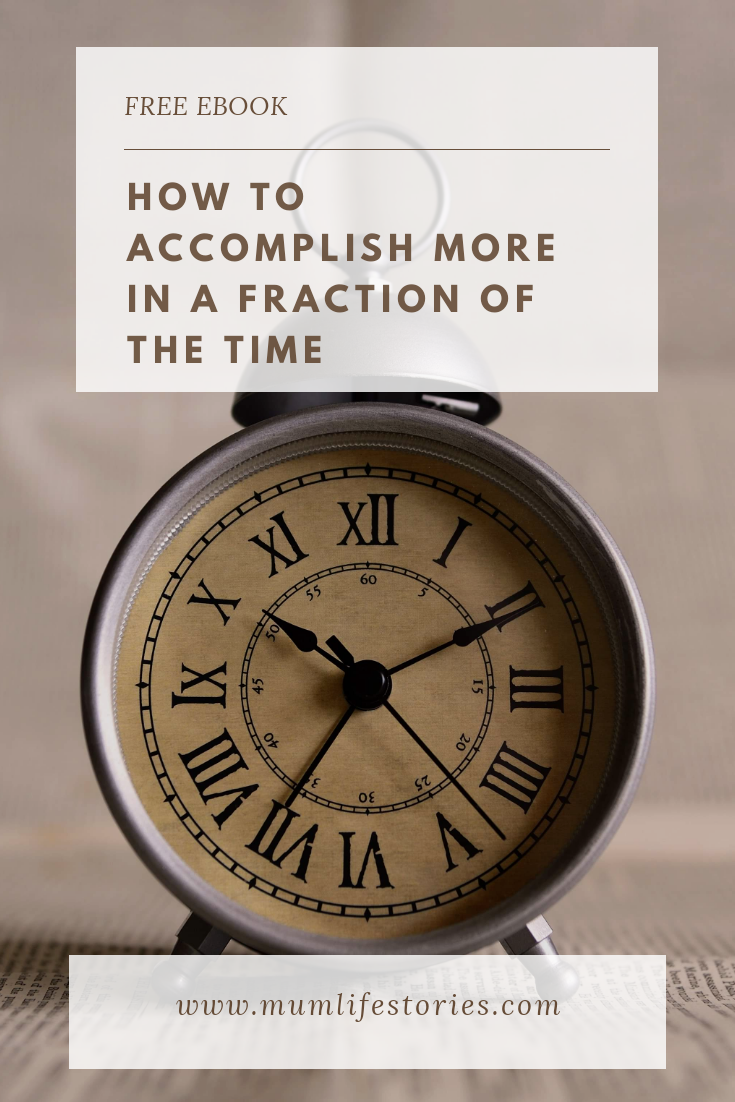







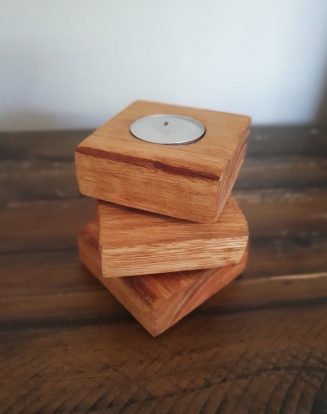



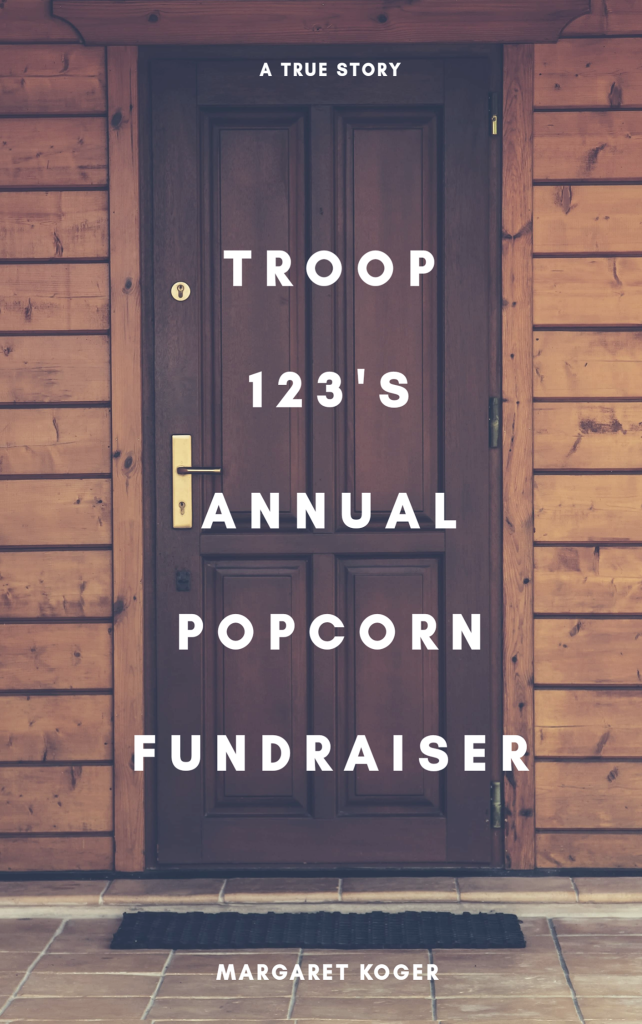

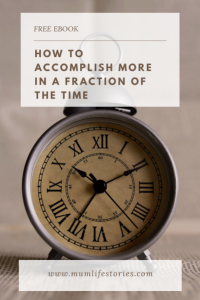

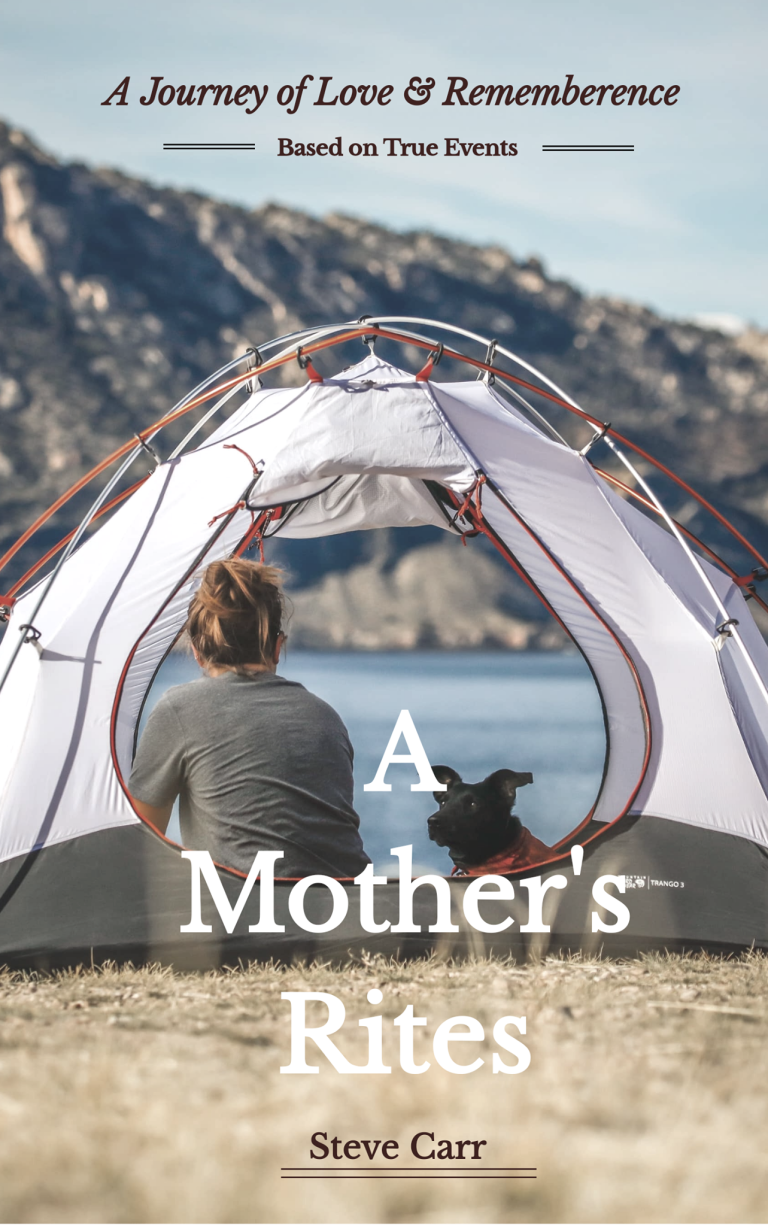

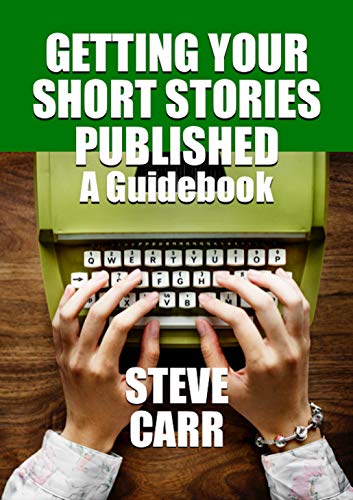


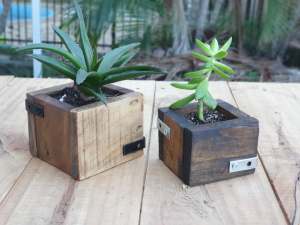

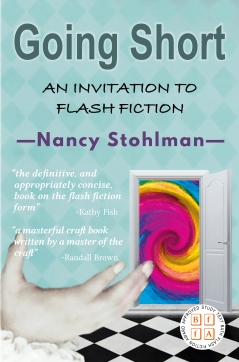 Going Short: An Invitation to Flash Fiction
Going Short: An Invitation to Flash Fiction